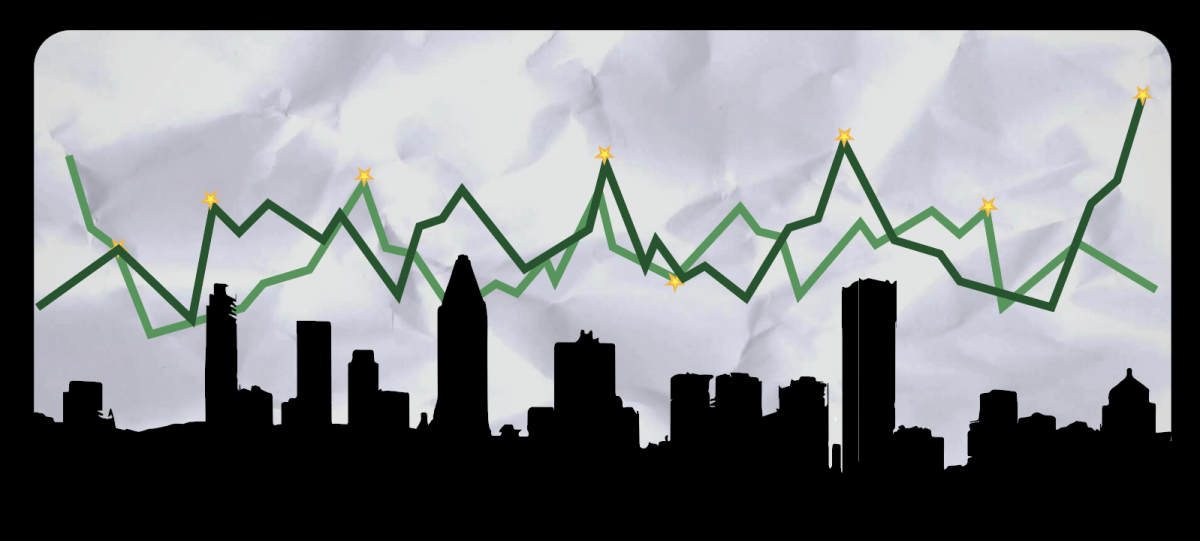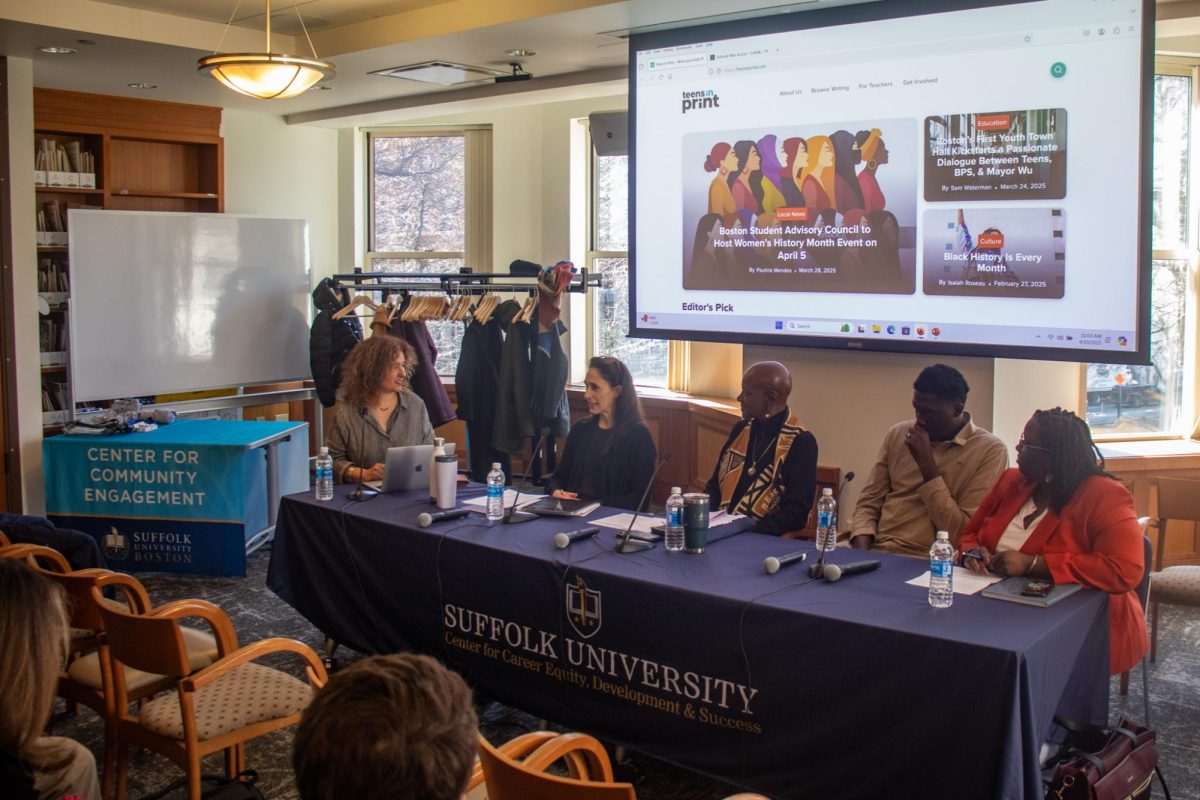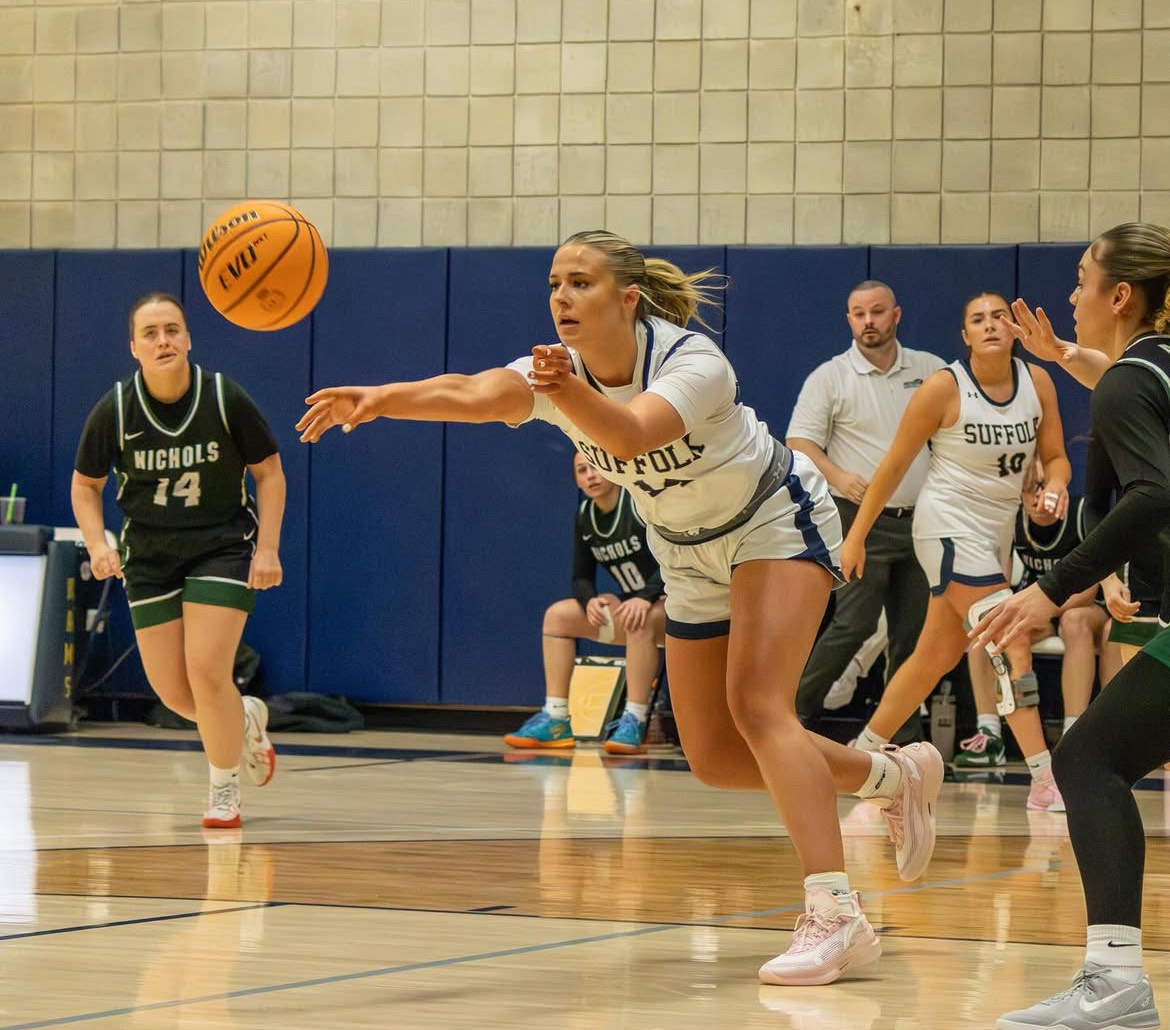With a campus in the heart of downtown Boston, Suffolk University has provided students access to some of the best opportunities and most exciting experiences the city has to offer. However, when it comes to off-campus housing, that means students are subjected to the ups and downs of the Boston rental market.
According to the university housing website, incoming freshmen at Suffolk are guaranteed two years of on-campus housing. Unless one is selected to become a Resident Assistant or secures an extra dorm space in the housing lottery, most third-year students have to commute from home or face the daunting task of finding an apartment in Boston.
“If you’re a student who financially supports yourself, apartment hunting is awful. I probably spent almost $3,000 alone on deposits and whatnot. While I was living in the dorms and didn’t really have bills to pay it was still really stressful gathering all of that money. Paying my own rent is a struggle especially when rent goes up every new lease,” said Maddy DuBois, a junior political science major.
Boston is the third most expensive city in the entire country to rent an apartment in, according to an Apartment Advisor market report. The price of renting continues to climb, reaching an all-time high this year at an average price of $3,255 per month across unit sizes, according to Boston Pads 2024 Boston Market Rental Market Report. Additionally, there are fewer vacant units available than usual, making students’ search even tougher.
Alexis Martin, a sophomore studying psychology and criminal justice, has been tackling apartment hunting by herself because her roommates are studying abroad.
“We’re searching in [East Boston] mostly. There has been a lot of rescheduling and rent is just insane, making it hard to find somewhere,” she said. “I recently saw a unit where there was supposed to be in-unit laundry, pictured in the listing, [but there wasn’t] and the rent was $500 more a month than the listing said.”
Demetrios Salpoglou, CEO of Boston Pads with nearly 30 years of real estate experience, said inflation is the driving force behind many of these issues.
“I just got off the phone with a landlord – insurance premiums on one of his buildings increased from $30k to $100k. The cost of replacing buildings has gone up significantly – if one burns down, you’re paying for the replacement, which is more expensive than when it was first built 30 years ago,” Salpoglou said. “I can see how anyone would look at it and say the landlord is just upping the price, but they really do have to cover all the costs.”
Martin said she has been feeling the effects of inflation on the rental market and the rising cost of rent highlighted in Salpoglou’s market report.
“It’s making it harder to find something within our budget and our budget is something that is realistic,” she said.
Inflation is partly to blame for the scarce availability of units as well. With the current high interest rates, many people are unable to buy a home, causing them to re-sign their leases instead, thus decreasing apartment turnover.
For students who are knee-deep in apartment hunting in Boston, Salpoglou offered some valuable tips.
“Go with more roommates,” Salpoglou said. “If you’re looking to save money, look at three beds and four beds and you’ll see a huge savings there. Plus, you can save on utilities and heating by splitting it more ways.”
He emphasized the cost of living downtown, in some of Boston’s most popular neighborhoods like the North End and Beacon Hill, and how students can save by living further outside the city. Resources for students and renters alike, such as applications where apartment hunters can view real-time data, including prices, of the rental market by neighborhood, can make a significant difference in alleviating stress.
“If you go out of Boston a little further, you’ll get a better price,” said Salpoglou. “The students that always pay the most money are the ones that live the closest to their university.”
Additionally, Salpoglou said that in a tough market like this one where inventory is very low, you have to act fast.
“See as many apartments as you can as quickly as possible. Don’t be casual about it. Chances are, if you think an apartment is the best one, so do other people. If you take two weeks after touring to apply, it will likely be gone,” Salpoglou said. “If you want the best apartment, you have to have everything ready to go – money, documents – to pull the trigger.”





















